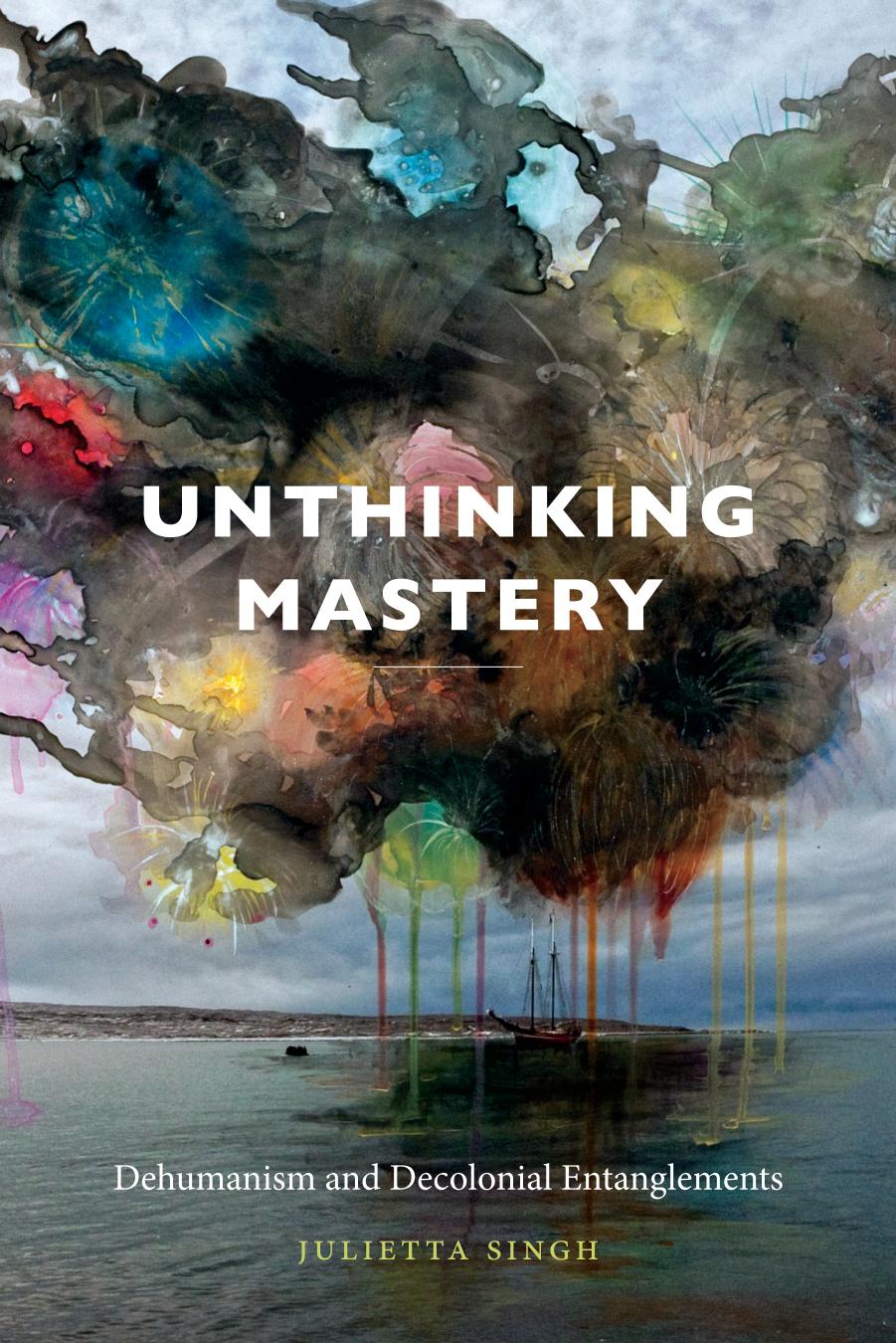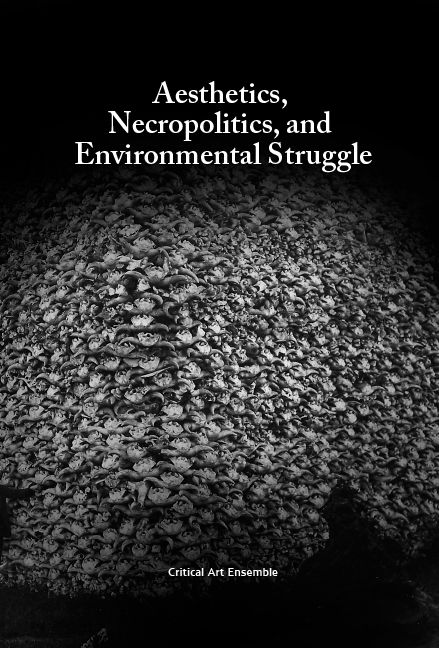Fred Turner: The Democratic Surround: Multimedia and American Liberalism from World War II to the Psychedelic Sixties (2013)
Filed under book | Tags: · 1960s, cold war, counterculture, cultural history, liberalism, mass culture, underground

“We commonly think of the psychedelic sixties as an explosion of creative energy and freedom that arose in direct revolt against the social restraint and authoritarian hierarchy of the early Cold War years. Yet, as Fred Turner reveals in The Democratic Surround, the decades that brought us the Korean War and communist witch hunts also witnessed an extraordinary turn toward explicitly democratic, open, and inclusive ideas of communication and with them new, flexible models of social order. Surprisingly, he shows that it was this turn that brought us the revolutionary multimedia and wild-eyed individualism of the 1960s counterculture.
In this prequel to his book From Counterculture to Cyberculture, Turner rewrites the history of postwar America, showing how in the 1940s and ’50s American liberalism offered a far more radical social vision than we now remember. Turner tracks the influential mid-century entwining of Bauhaus aesthetics with American social science and psychology. From the Museum of Modern Art in New York to the New Bauhaus in Chicago and Black Mountain College in North Carolina, Turner shows how some of the most well-known artists and intellectuals of the forties developed new models of media, new theories of interpersonal and international collaboration, and new visions of an open, tolerant, and democratic self in direct contrast to the repression and conformity associated with the fascist and communist movements. He then shows how their work shaped some of the most significant media events of the Cold War, including Edward Steichen’s Family of Man exhibition, the multimedia performances of John Cage, and, ultimately, the psychedelic Be-Ins of the sixties. Turner demonstrates that by the end of the 1950s this vision of the democratic self and the media built to promote it would actually become part of the mainstream, even shaping American propaganda efforts in Europe.
Overturning common misconceptions of these transformational years, The Democratic Surround shows just how much the artistic and social radicalism of the sixties owed to the liberal ideals of Cold War America, a democratic vision that still underlies our hopes for digital media today.”
Publisher University of Chicago Press, 2013
ISBN 9780226325897, 022632589X
365 pages
Reviews: Jathan Sadowski (LA Review of Books, 2014), Carolyn L Kane (J Visual Culture, 2015), Matthew Linton (Society For U.S. Intellectual History Blog, 2015), Bernard Dionysius Geoghegan (Technology & Culture, 2015), Craig J. Pearison (J American History, 2016), Katie Simpson (J-History, 2017), Malte Hagener (NECSUS, 2015), Erika J. Pribanic-Smith (Journalism History, 2014), Debra Cash (ArtsFuse, 2014), Alex Sayf Cummings (2014).
Interview with author (Henry Jenkins, 2014), (cont.)
Interview with author (Clay Shirky, Public Books, 2014)
Video lecture (Berkeley, 2014)
Julietta Singh: Unthinking Mastery: Dehumanism and Decolonial Entanglements (2018)
Filed under book | Tags: · decolonization, entanglement, literary criticism, postcolonialism

“In Unthinking Mastery Julietta Singh challenges a core, fraught dimension of geopolitical, cultural, and scholarly endeavor: the drive toward mastery over the self and others. Drawing on postcolonial theory, queer theory, new materialism, and animal studies, Singh traces how pervasive the concept of mastery has been to modern politics and anticolonial movements. She juxtaposes destructive uses of mastery, such as the colonial domination of bodies, against more laudable forms, such as intellectual and linguistic mastery, to underscore how the concept—regardless of its use—is rooted in histories of violence and the wielding of power.
For anticolonial thinkers like Fanon and Gandhi, forms of bodily mastery were considered to be the key to a decolonial future. Yet as Singh demonstrates, their advocacy for mastery unintentionally reinforced colonial logics. In readings of postcolonial literature by J. M. Coetzee, Mahasweta Devi, Indra Sinha, and Jamaica Kincaid, Singh suggests that only by moving beyond the compulsive desire to become masterful human subjects can we disentangle ourselves from the legacies of violence and fantasies of invulnerability that lead us to hurt other humans, animals, and the environment.”
Publisher Duke University Press, Durham, 2018
ISBN 9780822369226, 0822369222
xi+201 pages
Reviews: Melinda Backer (ASAP Journal, 2018), Justyna Poray-Wybranowska (Contemporary Women’s Writing, 2018), Michael Mulvey (Studies in 20th & 21st Century Literature, 2018).
Interview with author (Roberto Sirvent, Black Agenda Report, 2018)
Critical Art Ensemble: Aesthetics, Necropolitics, and Environmental Struggle (2018)
Filed under book | Tags: · aesthetics, anthropocene, biopolitics, climate crisis, environment, necropolitics, politics

“With typical sangfroid, CAE dissects the beast of our own making: the Anthropocene. Clarifying the philosophical roots of the Euro-American confusion about nature, this text offers severe and essential medicine for coming to terms with our ecological predicament.” –Claire Pentecost, professor, School of the Art Institute of Chicago
“This book presents a perspective about the environmental crisis that I suspected was there but couldn’t put my finger on. Follow these authors deep into one of the biggest cultural lacunas of our day: necropolitics. This book fully abandons solutionist bull in favor of a measured approach grounded only in what we know. Read it, weep, and then kick ass. Once again, CAE has blown my fucking mind.” –Mike Bonanno, The Yes Men
Publisher Autonomedia, Brooklyn, NY, 2018
Anti-copyright
ISBN 1570273375, 9781570273377
167 pages
PDF (pages 120-127 missing)
PDFs

